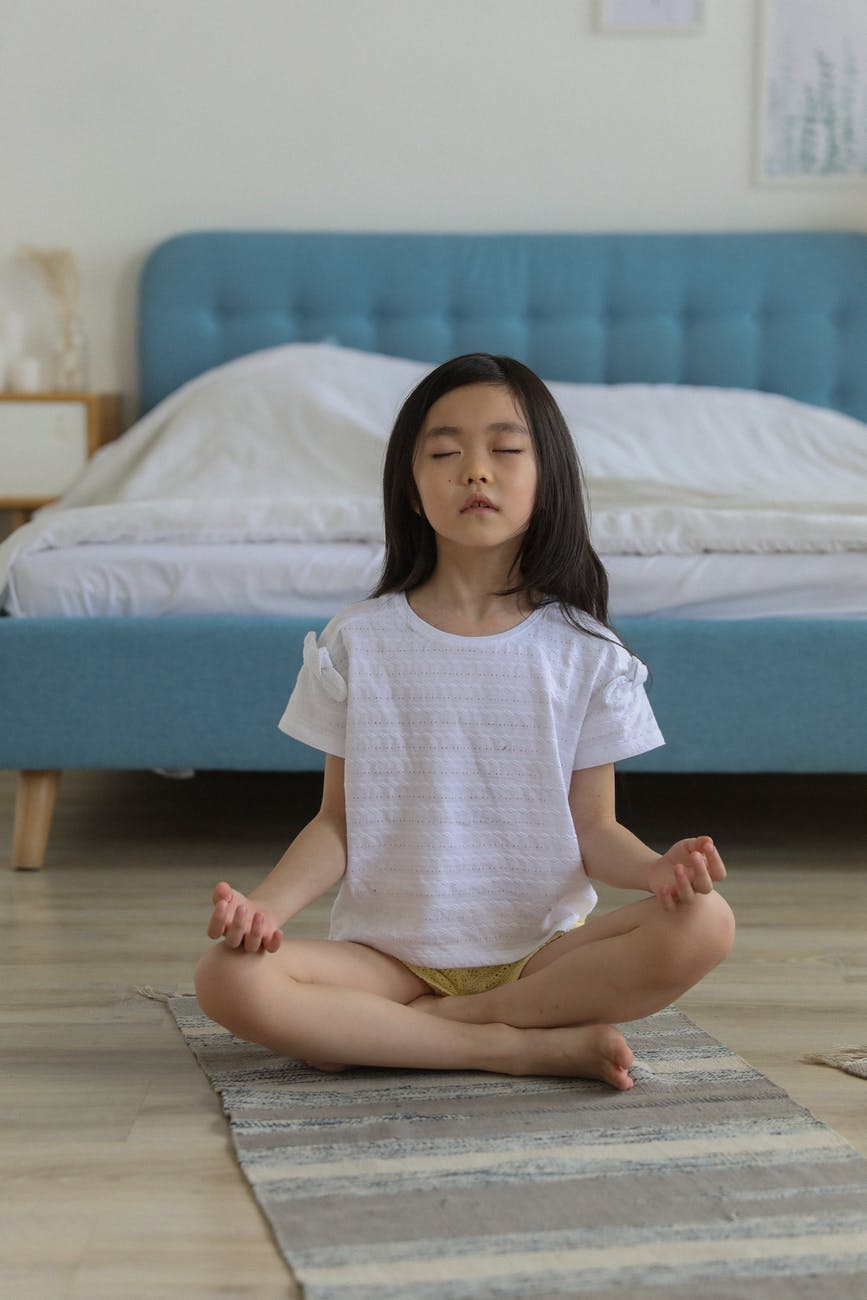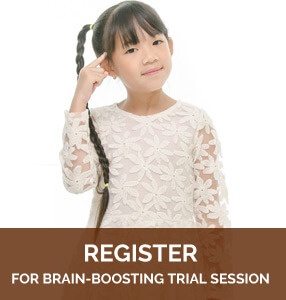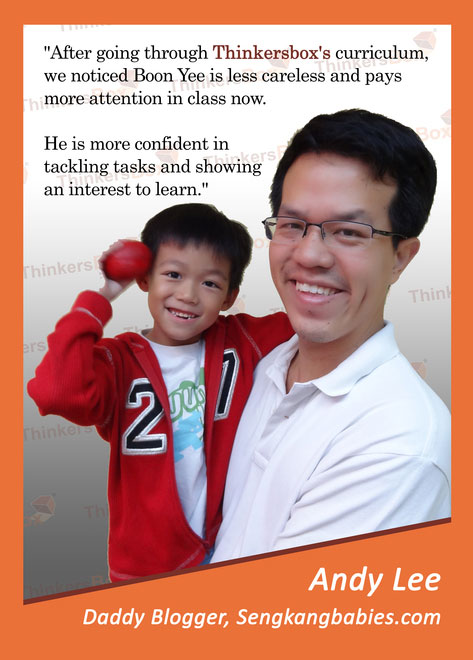
Picture Credits: X
While we think of childhood as a happy, carefree time, children experience many stressors. Long-term stress can impair success in school and relationships, as well as health. Therefore, we must recognize and address stress in children and teach them coping skills early on.
For some children, their natural personality finds new situations or interacting with others stressful. Just as parents get stressed from being overscheduled, so can children, as more and more activities may be put on the child with an eye to academic advantages. Other potential sources of stress include:
- unpleasant social interactions, such as teasing or fighting
- loss of a pet or death in the family
- a new child in the family
- moving homes
- school or child care environment.
The home environment can also be a source of stress. Many parents are stressed by work, finances, or spousal relations. A new study out of Max Planck Institute for Cognitive and Brain Sciences in Leipzig and the Technische Universitat Dresden found that stress is contagious. Observing another person under stress can trigger stress. Children can “catch” this from you. This is called empathic stress and can trigger the physical response that releases cortisol, a stress hormone that can damage health over the long term.
Because life will always come with stressful events, parents and schools need to incorporate early training and routines to address stress and to prevent long-term negative outcomes on health, relationships, and school success. Giving children coping skills early can also help prevent test anxiety later in school.

Many are turning to an inexpensive, easy, at-home intervention – mindfulness meditation, a type of meditation in which one focuses only on what is going on in the moment. For example, if you were mindfully washing dishes, you would focus on the feel of the plates, the scent of the soap, and the warmth of the water rather than thinking about what you have to do later.
Dozens of clinical trials have shown that meditation can reduce anxiety and depression. In addition, mindfulness practice improves working memory and attention, important skills for achievement in school. Perhaps one of the most important benefits of mindfulness training is the child’s improvement in self-regulation, a behavior that even in first grade can predict academic and life outcomes.
Even young children can be taught mindfulness meditation. To teach young children mindfulness, ask them to think about what they are noticing. For example, you could take them on “nature walks” being mindful of nature – acorns on the ground, a butterfly, a cat, bird songs, or a breeze. You can do this even in a city environment. Be mindful of the sounds, scents, and sensations, as well as the sights in that moment. This strategy combines both exercise and meditation, giving a double boost in stress reduction.
Another form of meditation that children can perform is to simply sit quietly and focus on their breathing. Ask them to notice their breathing in and breathing out and to just think about that. You can have the child lie down with a small stuffed animal on the stomach and concentrate on the rise and fall of the animal with the breathing.
The arts, yoga, martial arts and dance all create a state of mindfulness. Researchers found that a six week yoga meditation training reduced anxiety in four-year olds, while improving self-esteem. Enrolling a child in courses such as these can achieve stress-reducing benefits and lead to greater academic achievement as well. However, do not create more stress by overscheduling!
Engaging in mindfulness practice with your child will benefit both your health and the child’s. As little as 15 minutes daily has been shown to be effective.







